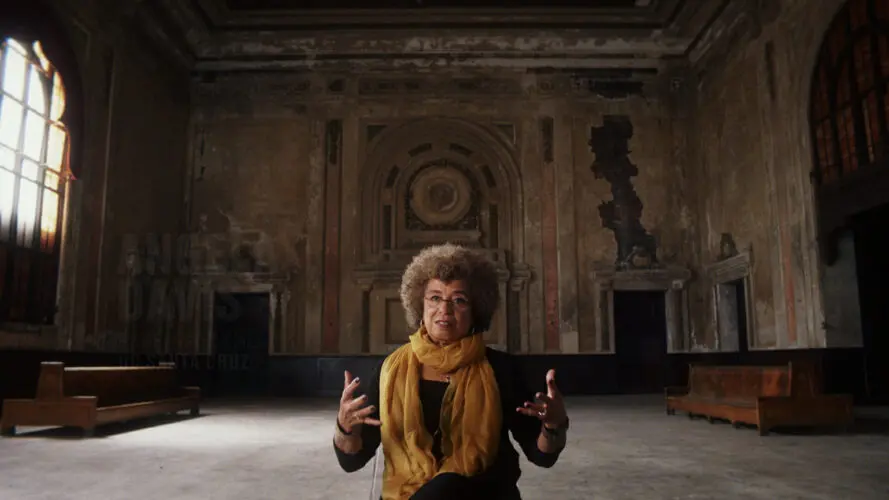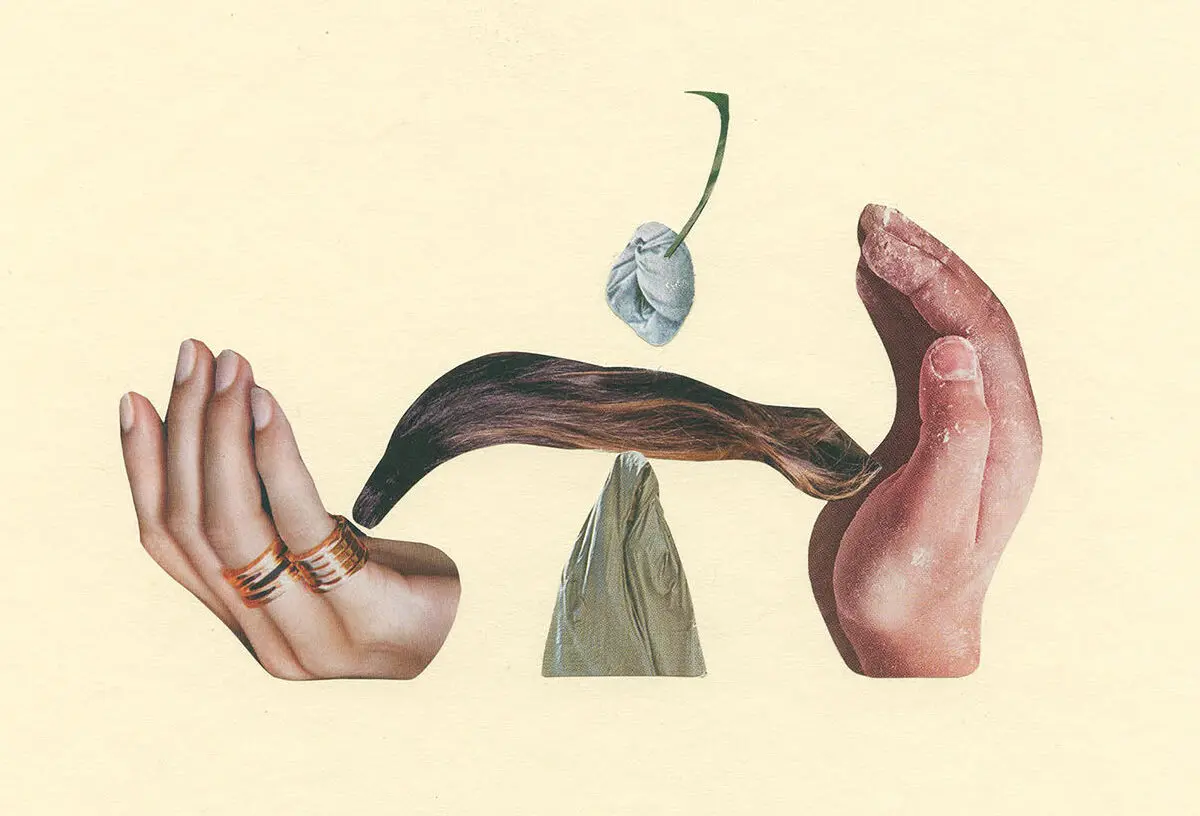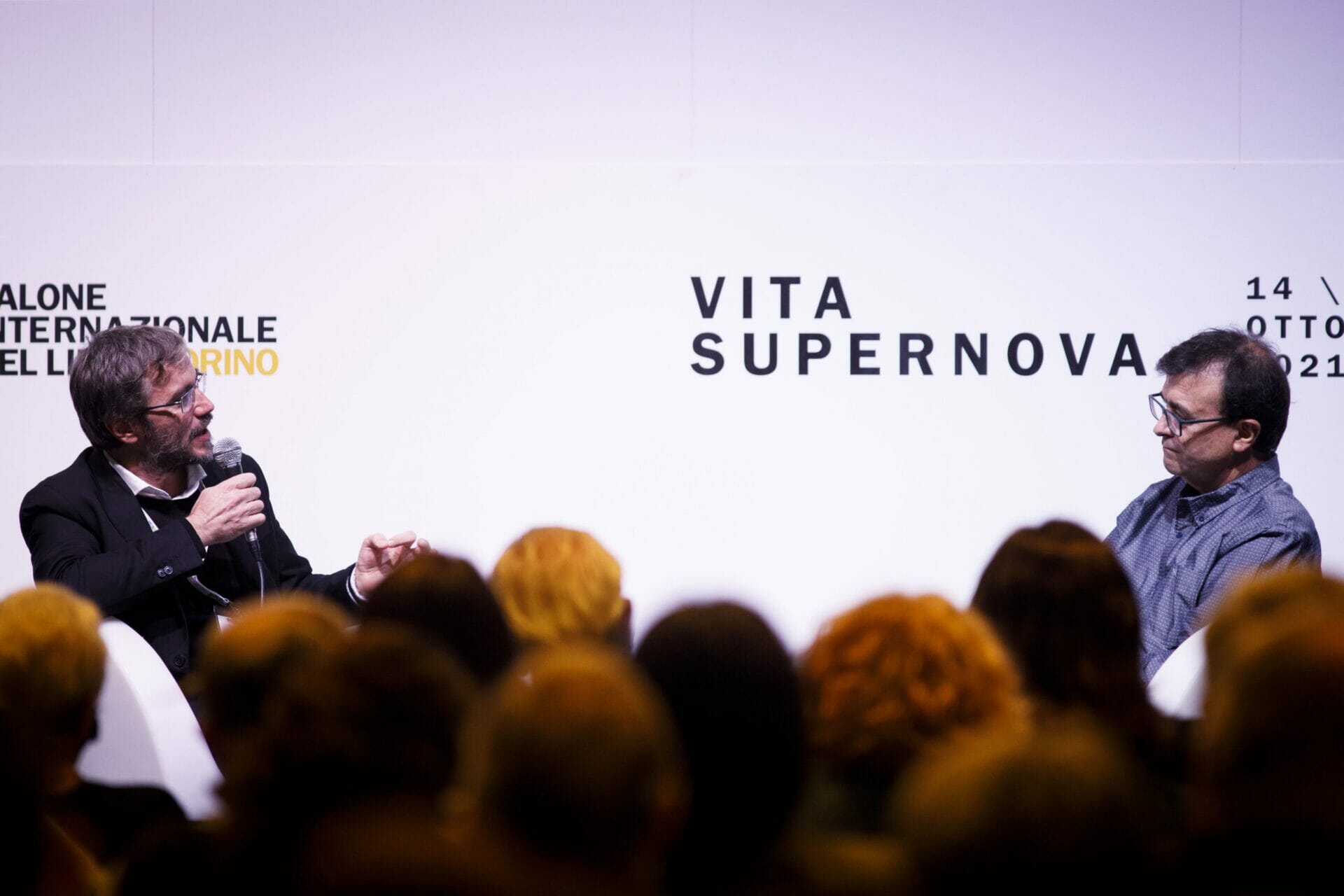
Poetry written by South African poets has informed and validated a history that is full of rich trauma. South Africans, specifically the community of color, have encountered racism at least once in their lives. Although the Apartheid reign has been over for quite some time now, being a South African in the 21st century means that the racism parents and grandparents encountered has only taken on a different shape, one that is shown through belittling and causing those of other races to feel out of place, or as if they don’t belong. The way many South Africans choose to tackle racism and trauma has also changed. Authors write and expose themselves, and their pain to expose the harsh acts of others and to create change for communities.
Poetry as a way to look for freedom
South African poetry has always had an activist element to it, whether the poet does it intentionally or not, the poem is always exposing some element of the human condition.
Due to the fact that most South Africans have all been taught (by society, sometimes by family, and sometimes by themselves) to hide some part of themselves as a form of protection against racism, when authors bluntly tell the truth completely, they are fighting an invisible system that has controlled many lives. Poetry is a space to be honest without anybody holding authors back. It is a creative practice, which means it comes with freedom.
The Red Wheelbarrow Poetry Collective
Over the past decade, a new generation of South African poets has taken on the important task of telling the stories of millions of South Africans upon themselves. Poets share their stories that are unbelievably similar to so many people around them. In 2020, a group of local poets based in the Western Cape, South Africa, formed The Red Wheelbarrow Poetry Collective (TRWPC).
This collective became a place for poets from all over South Africa to read and showcase their work. TRWPC hosts poetry readings online and in-person for local poets that are both published and not published. The topics that are read on vary, and poets from different backgrounds come together to hear each other’s stories. TRWPC provides a holistic space with no judgment, embodying poetry’s true nature and purpose.
Koleka Putuma‘s poetry
In order to understand how South African poets continue to tackle the societal system they are in, we must look at an example. Koleka Putuma is an award-winning African poet, playwright, and theatre director. Putuma has used her writing to shine a light on specific struggles and succeeded in her intention. Her collection Collective Amnesia explores the lived experience of a black, queer, South African woman. This is a topic that all individuals can relate to as they all live in a world with similar boundaries.
POEM:
ONLINE
By Koleka Putuma
There are protocols to reaching out:
Do not share a meme of your panic attack on social media.
Your 3456 friends do not know about the epilepsy that came before,
the willpower it took to pick up the phone and tell your mother
that today, it is hard.
It is sore in all the places you cannot see or wrap gauze around.
In all the places that have not healed in your bloodline.
Do not post a selfie of your self-mutilation.
God forbid your status reveals that you are lost or breaking.
No one will comment on how raw or close to healing your tumour is.
Your 3456 friends do not know how far back your trauma runs.
(Collective Amnesia, page 59)
Dismantling the system through vulnerability
Koleka Putuma depicts the challenges of health, both physical and psychological by using the frame of social media, which has become a world of its own – and a place where we are encouraged to express ourselves, but always within certain boundaries. Online is a poem that gives us a moment of clear clarity within the boundaries of the world of social media – how we are expected to participate in this world but never give too much of ourselves. This is the dynamics of social media and reality within South Africa and the world. The poet uses her craft to expose these boundaries, which in turn, enlightens her readers and forces them to acknowledge how boxed in they are within the world that so many South Africans have used as an escape. The poet uses poetry to protest one of the many challenges that young South Africans face.
Looking at a specific moment in the poem:
Your 3456 friends do not know about the epilepsy that came before,
the willpower it took to pick up the phone and tell your mother
Koleka Putuma pushes boundaries by mentioning what is not allowed to be shared but then using that as a moment to share that exact thing. There is a double-edged sword in this moment – both ends serve a purpose, which is to open readers’ eyes to what’s right in front of them.
TRWPC has made it their intention to provide a safe and open platform for poets like Koleka Putuma to share their work. With no focus on any specific topic, TRWPC hosts literary readings that vary from topic to topic, each one arriving with the power to create change. By doing this TRWPC is expanding the literary space in South Africa, allowing an expression for change in different lives.








